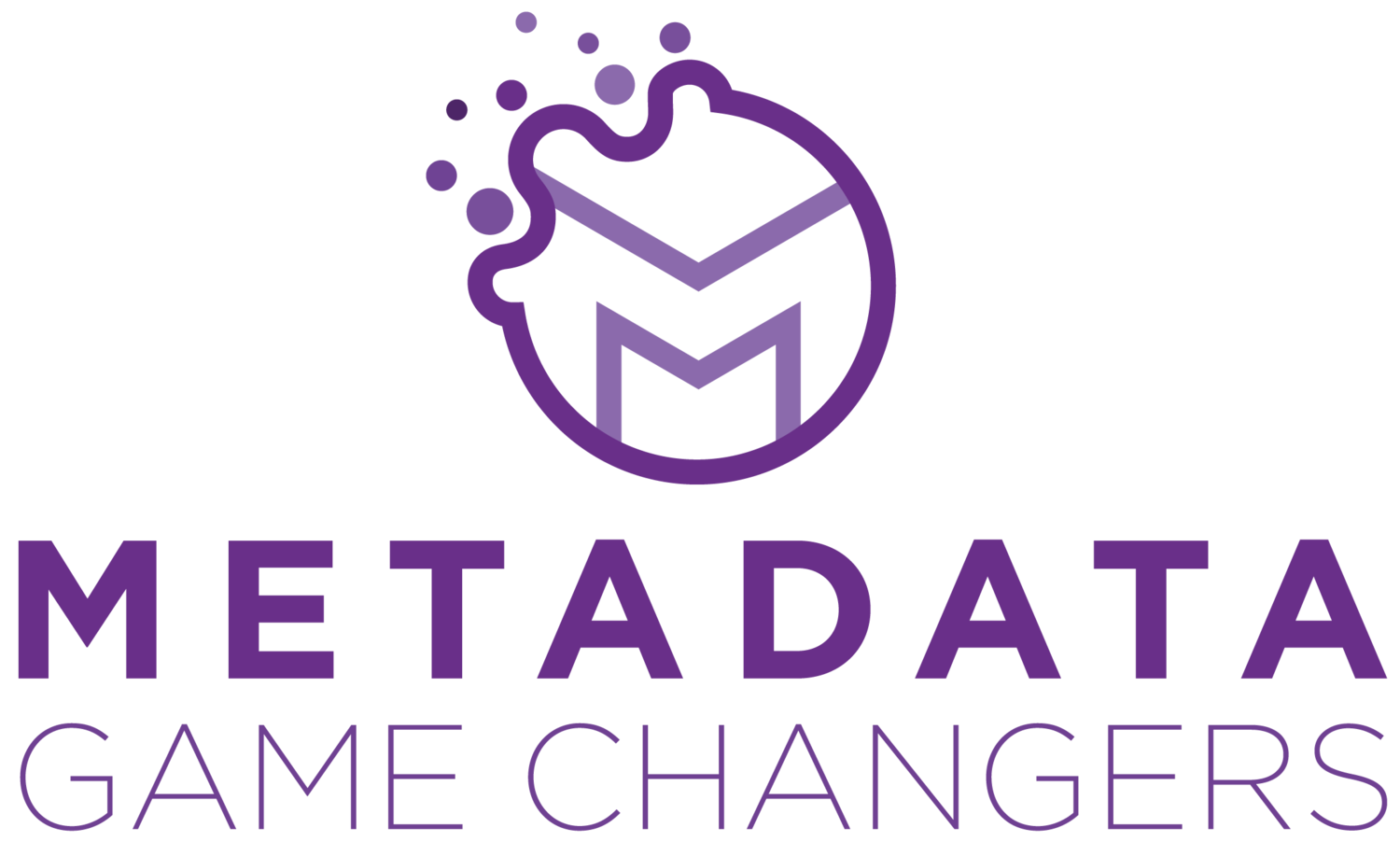Talking and Thinking About Metadata
/The idea that the language we use to talk about things shapes the way we think or can think about those things has been around since the 1800’s and even has a name, the Sapir–Whorf hypothesis, proposed during 1954. It was Whorf who said, “Language is not simply a reporting device for experience but a defining framework for it.” Last year Lera Boroditsky discussed a similar idea from the stage at TEDWomen with some nice examples and data from multiple languages and cultures. I have been thinking and writing about a universal documentation language for some time and bring together a couple of those ideas here.
Some metadata terms emerged from my metadata evaluation and guidance work with many partners. I described the concept of “metadata dialects” and suggested that many metadata standards are more like dialects of a universal documentation language then they are like separate languages. Some have questioned whether a universal “documentation language” really exists. I admit that it is really a concept that I hope exists rather than a real language described in an unabridged dictionary somewhere.
More recently, I introduced this dialect nomenclature to the Metadata 2020 community of metadata experts that advocate richer, connected, reusable, and open metadata for all research outputs. The terms are slowly creeping into some Metadata 2020 discussions, hopefully helping to build and cross bridges between different communities that are committed to better metadata in all contexts.

